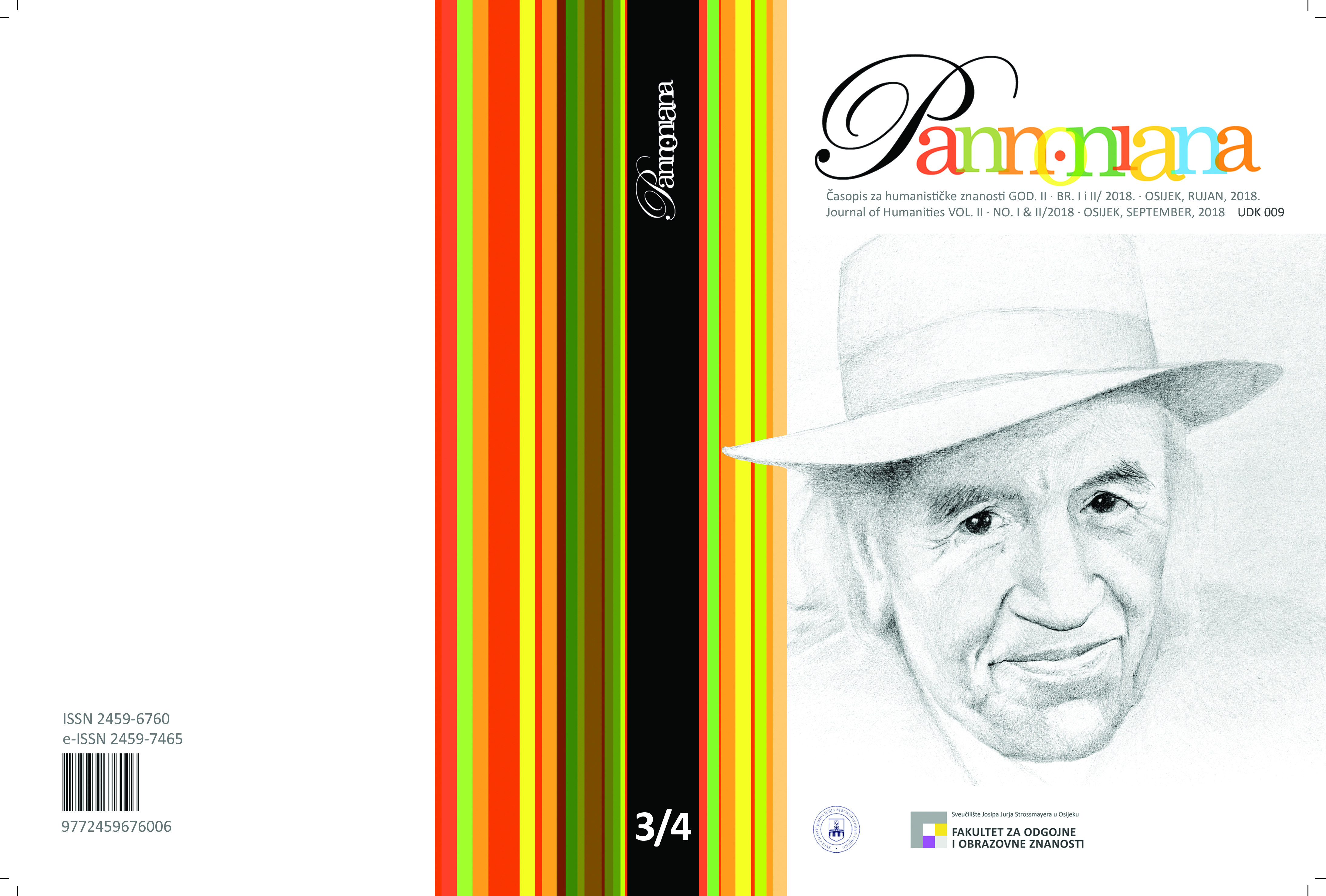Learning from Each Other in Language Revitalization: A Chronicle of Two New Different Initiatives on Linguistic Diversity in Gasteiz, Basque Country
Original scientific article
Keywords:
Basque Country, grass-root activism, linguistic diversity, language planningAbstract
Monolingual societies have rarely existed, but certainly will no longer exist in the future. Pannonia is not an exception and many languages are spoken in the region. The vast richness of languages throughout the world continues to be documented and is a source of pride for many activists and scholars. However, the hope for some languages is not all bright, as half of the languages are expected to disappear within a century. In that context, many (language) communities have started to develop, or have been developing, different levels of activism to reverse the situation. One of the regions involved in enthusiastic language activism is the Basque Country, where a minority language has suffered from aggressive policies for centuries and where newly-established languages are fighting to become as visible and as local as others. In this paper, two grass-root initiatives organized in the 2015-2016 school year and concerning minority languages, Basque revitalization and migrants’ languages will be analyzed. The objective of this article is to share this experience with the Pannonia region or elsewhere, at the same time as to open up a discussion to discuss how these events, or any event of a similar nature, raises more issues in language planning. The response to these issues will be crucial if we are to maintain this rich language diversity.
Downloads
Published
Issue
Section
License
Copyright (c) 2018 Pannoniana

This work is licensed under a Creative Commons Attribution-NonCommercial-ShareAlike 4.0 International License.




